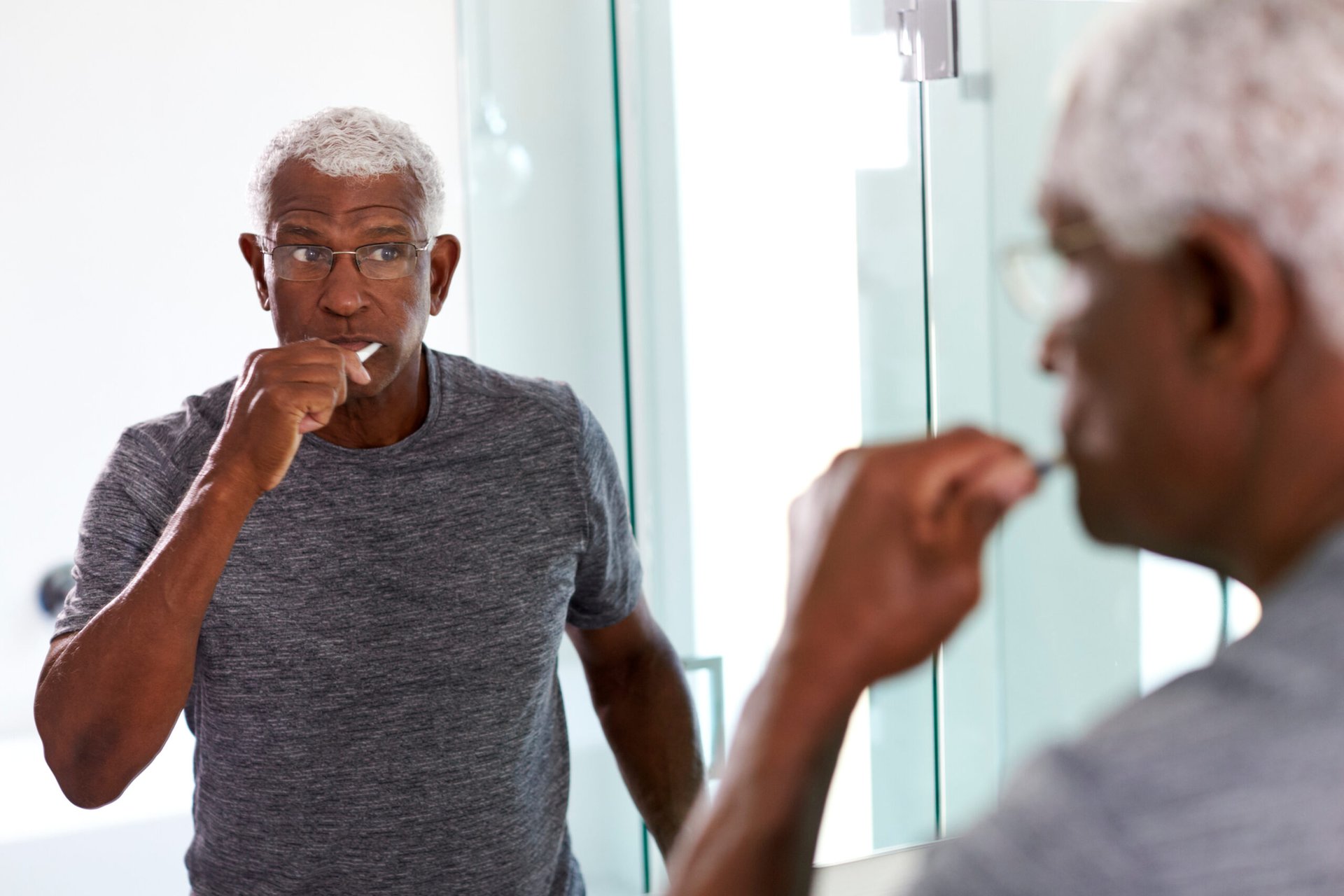
Can simply taking better care of your choppers help to halt the aging process? Science says yes.
New research suggests that taking care of your teeth helps prevent chronic inflammation.
Poor dental hygiene makes your mouth a breeding ground for an excess of bacteria. That can lead to chronic inflammation and ailments such as tooth decay and gum disease.
As it turns out, all that inflammation in your mouth can have negative impacts on the health of your immune system, leading to maladies throughout the body.
Andrew Steele — scientist and author of the new release “Ageless: The New Science of Getting Older Without Getting Old” — told CNBC:
“There’s quite good evidence accumulating now that brushing your teeth can stave off heart disease and maybe even dementia.”
In short, Steele says chronic inflammation helps promote the aging process. Take better care of your oral health, and “you can potentially slow down that process,” he says.
CNBC notes that a 2010 study out of Scotland found that people who brushed their teeth twice a day had a lower heart attack risk than those who only brushed once daily.
Poor oral health is not the only illness you need to worry about as you get older. There are a host of ailments that grow more common with age, and some of them can make your wallet as sickly as you. We highlight some of them in “7 Costly Health Problems That Strike After Age 50.”
For help keeping dental expenses down, check out “5 Ways to Slash Dental Care Costs.”
Disclosure: The information you read here is always objective. However, we sometimes receive compensation when you click links within our stories.



